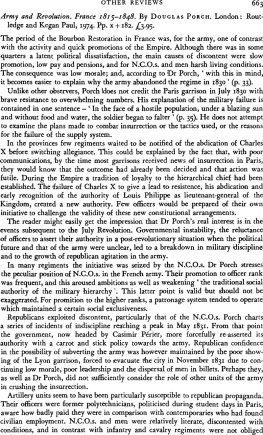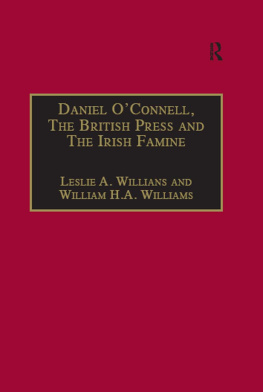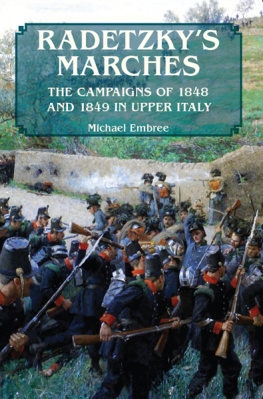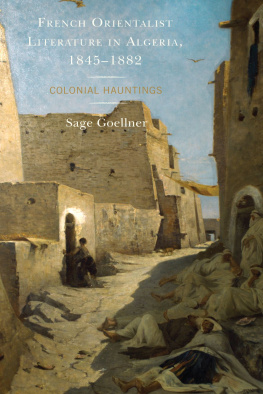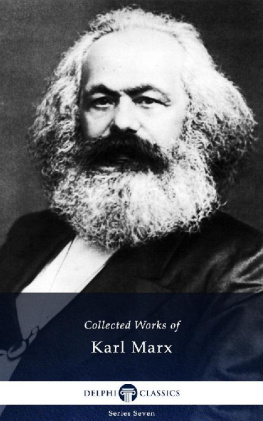INTRODUCTION.
Table of Contents
Of the vast number of English men and English women who have travelled on the Continent in late years, comparatively few, I imagine, have deemed it worth their while to give much thought and attention to the action of the Church in the countries they have visited. Doubtless all have entered the material fabrics of Roman Catholic worship, but generally it has been to treat them as public monuments, rather than as "the house of prayer for all nations." But how many of those travellers who enjoy leisure and independence have made it their study to understand those manifold institutions for the education of the clergy or the laity, for the consolation of the suffering, for the instruction of the poor and outcast, or for the advancement of the interior life, by which the Church christianises the world, and lays hold of the heart of humanity? I am not now expressing an opinion whether the whole Roman system be true or false, pure or corrupt; I am looking at it simply as a fact. And in this view, perhaps, there is no object on the face of the earth so worthy of contemplation by the thoughtful mind as the Roman Church. As an English Churchman, I do not think it truthful, honest, christian, or safe, to shut my eyes to such a fact existing in the world. It seems to me that one ought to endeavour to understand it. Those who strive to rekindle ancient animosities, those who take not the trouble to understand doctrines as taught by their professors, but wilfully misconceive and mis-state them; those even who rest contented in a state of separation, do they not sin against Him, who in the days of His humiliation prayed to His Father, "that they all may be one, as Thou, Father, art in Me, and I in Thee, that they also may be one in Us; that the world may believe that Thou hast sent Me." Do they in the least realise the fact that the Church of England considers the Church of Rome to be quite as truly a part of the Church Catholic as she is herself?
Thus it is that between the two communions there has grown up a prodigious ignorance of each other's true state. I have found well informed Roman Catholic ecclesiastics ignorant that we possess a ritual, use fixed prayers, have a regular hierarchy; while scarcely any one is aware that we have a form of absolution as categorical as their own, and one which presupposes special confession. They are in the habit of taking for granted that we have no succession, besides asserting that our orders are invalid through defect of the formularies. The present Pope, conversing lately with an English clergyman, seriously inquired of him, whether we administered, what, in condescension to the supposed feelings of his auditor, he termed "la cena," once a year; and whether we passed the cup from hand to hand? Two notions, I imagine, which must have given him the poorest impression of the Anglican communion which a Roman Catholic could have. And in conversing with theologians, they ordinarily direct themselves against merely Protestant feelings and arguments, such as touch the Lutherans and Calvinists abroad, or dissenters here, but which have nothing to do with English Churchmen.
But Roman Catholic ignorance of us is, I think, almost exceeded by our ignorance of them.
Would that I could be in any degree instrumental to the removal of a prejudice, or the clearing up of a misconception. My means of observation have not been large, my time very limited; but I have seen enough to be convinced, that those who hate and denounce the Roman Church most violently, do not hate and denounce her more than she would that thing which they suppose to be the Roman Church.
If both sides knew each other well, if all had been done which could be done for a reconciliation, and the present state of enmity and opposition still subsisted, it would indeed be a grievous prospect for the future; but when ignorance and misapprehensions make up so much of the difference between the Churches, are we not to hope for better things? Is not Providence teaching us, by what is taking place on both sides, that the Church of God in all lands must unite against the common foe? Is He not removing on both sides the impediments to that union?
Moreover, an English Churchman conversing with a Roman Catholic will find, in proportion as both are earnest-minded, that they have generally the same friends and the same enemies, the same likings and the same antipathies, which, if the great heathen philosopher be correct, is a strong proof of an inward identity. Very rarely indeed will they differ in principle, though sometimes in facts; the inward character will be the same in both.
The only merit of the following journal, if it have any, is the attempt to see things as they are in the Roman Catholic system; to put off all preconceived prejudices, not condemning that which is contrary to what one is accustomed to meet, but endeavouring to understand the principle on which it rests. It is nearly restricted to France, but perhaps that country is for more than one reason the most interesting part of the Roman Catholic communion at present. There the divorce, which all the governments of Christendom are now enacting on the Church, has been accomplished with the most harshness, contumely, and tyranny. The ample estates surrendered by the French clergy, in noble reliance on the generosity of their country, have been taken possession of by the state, which, admitting that the vast majority of its people are Catholic at least in profession, has recompensed this surrender by a grant to the clergy, yearly repeated, not a dotation once for all, and that in amount so unspeakably mean and inadequate, that every Frenchman of honour and feeling must blush for his country as he thinks upon it. The immense majority of curs throughout France receive from the state a stipend of 32l. a year, in larger populations this is extended to 48l., in the largest of all to 60l. Moreover, in France the state has done or is doing, what in England it will also do if it can; it sets up in every parish a schoolmaster without a creed, to teach children all kinds of useful knowledge, from which only a definite creed is excluded, and to be an antagonist to the clergyman in his proper sphere. Then the existing generation of Frenchmen has been brought up since the tide of infidelity swept over their land; in too many cases they are not only infidels in present practice, but even their childish thoughts and associations were not Christian. The full harvest of the terrible convulsion of 1789 is being reapedalas, it is far from being yet gathered in! Infidelity not only stalks openly through the land, but bears open sway in it. There is nothing on which all those with whom I spoke were more agreed than that "le respect humain" was against the Church and against religion. What a fact is this alone, whereby to estimate the state of a country. If "hypocrisy be the homage which vice pays to virtue," where stands that country whose public opinion requires no hypocrisy in the open profession of unbelief? For these and other reasons, then, I conceive that the Church of God is best seen in France working by her own intrinsic powers, not only unaided by the world, but most cruelly afflicted by it, and so externally oppressed and degraded, that nothing but the irrepressible life of the Gospel could penetrate and leaven society under such conditions. God grant that such a state of things be not preparing in Englandand if it be, God grant likewise that the Church, in the day of her need, may have servants and handmaidens, priests, teachers, and sisters of charity, as disinterested, laborious, patient, and zealous, as He has raised up for her in France. This further may be said, that, if France as a nation be ever brought afresh under the yoke of her Saviour, no condition of human society need be despaired of; nor the capacity of the Church of Christ to overcome any amount of obstacles doubted.


